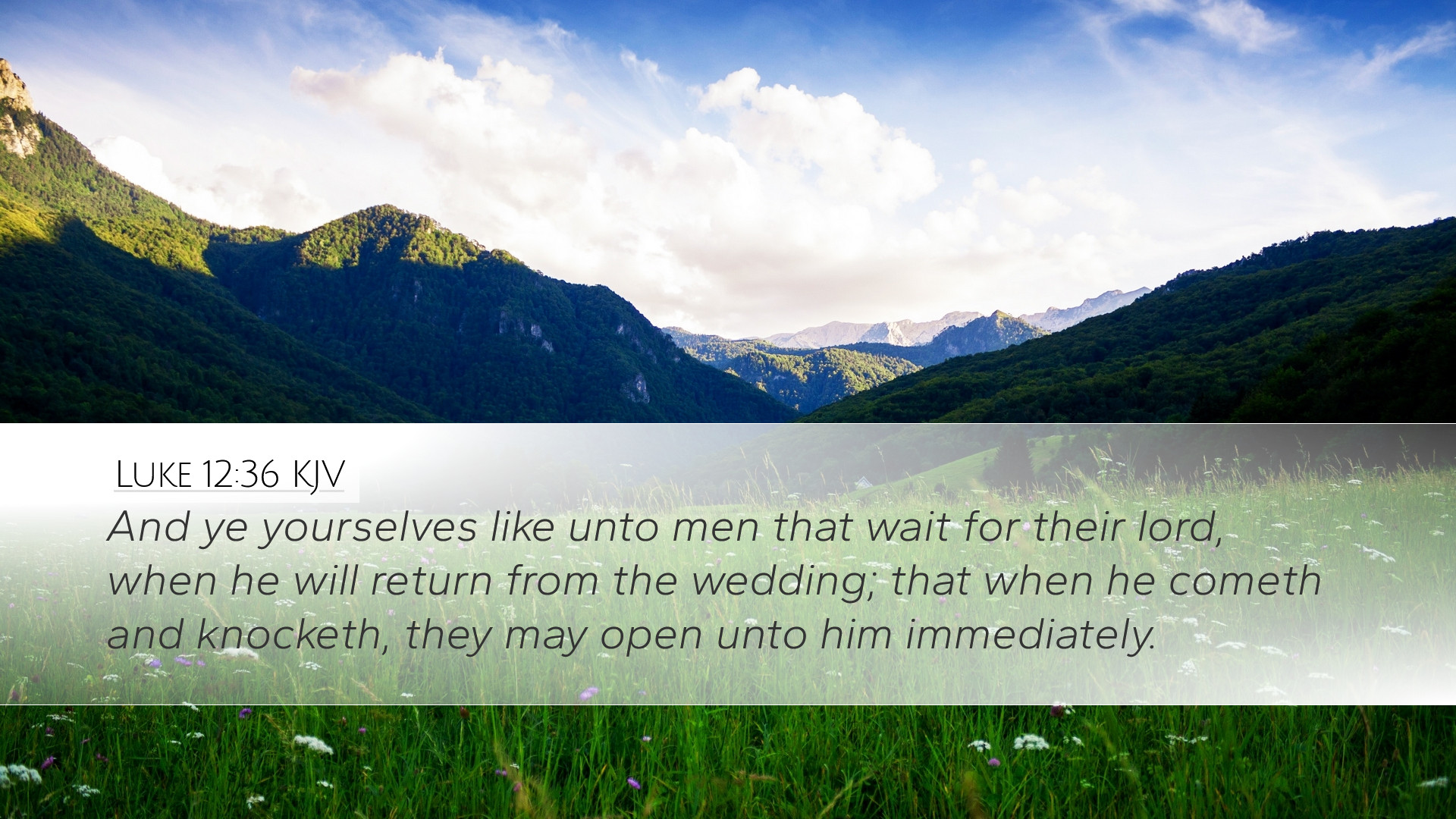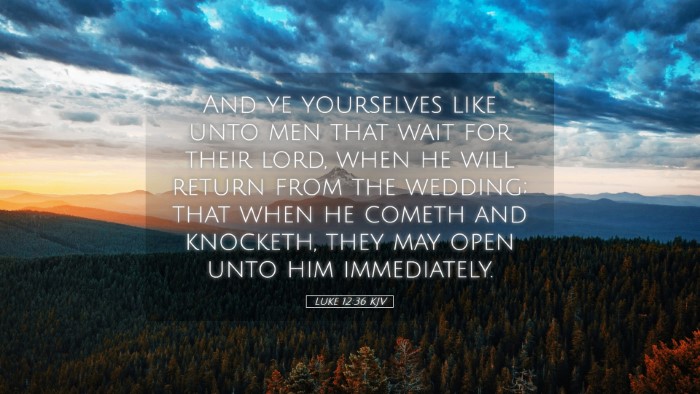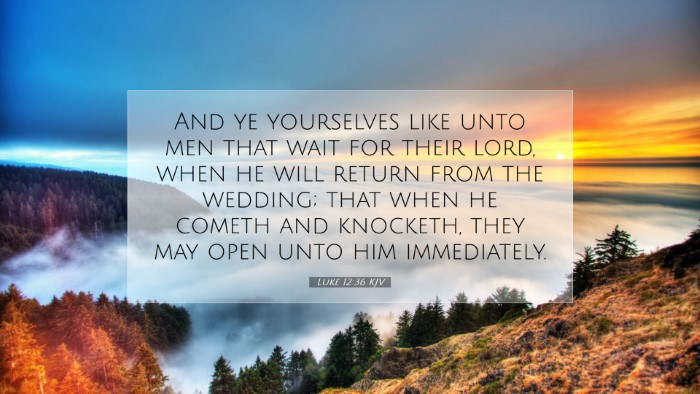Old Testament
Genesis Exodus Leviticus Numbers Deuteronomy Joshua Judges Ruth 1 Samuel 2 Samuel 1 Kings 2 Kings 1 Chronicles 2 Chronicles Ezra Nehemiah Esther Job Psalms Proverbs Ecclesiastes Song of Solomon Isaiah Jeremiah Lamentations Ezekiel Daniel Hosea Joel Amos Obadiah Jonah Micah Nahum Habakkuk Zephaniah Haggai Zechariah MalachiVerse
Luke 12:1 Luke 12:2 Luke 12:3 Luke 12:4 Luke 12:5 Luke 12:6 Luke 12:7 Luke 12:8 Luke 12:9 Luke 12:10 Luke 12:11 Luke 12:12 Luke 12:13 Luke 12:14 Luke 12:15 Luke 12:16 Luke 12:17 Luke 12:18 Luke 12:19 Luke 12:20 Luke 12:21 Luke 12:22 Luke 12:23 Luke 12:24 Luke 12:25 Luke 12:26 Luke 12:27 Luke 12:28 Luke 12:29 Luke 12:30 Luke 12:31 Luke 12:32 Luke 12:33 Luke 12:34 Luke 12:35 Luke 12:36 Luke 12:37 Luke 12:38 Luke 12:39 Luke 12:40 Luke 12:41 Luke 12:42 Luke 12:43 Luke 12:44 Luke 12:45 Luke 12:46 Luke 12:47 Luke 12:48 Luke 12:49 Luke 12:50 Luke 12:51 Luke 12:52 Luke 12:53 Luke 12:54 Luke 12:55 Luke 12:56 Luke 12:57 Luke 12:58 Luke 12:59

